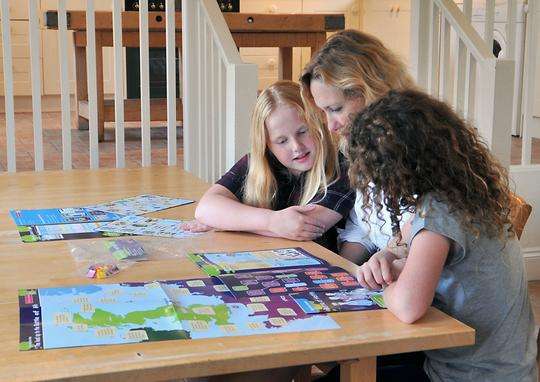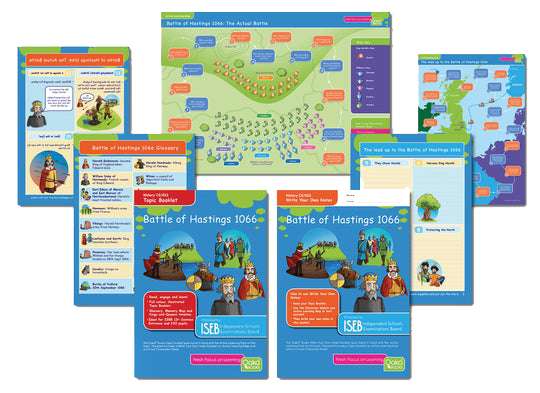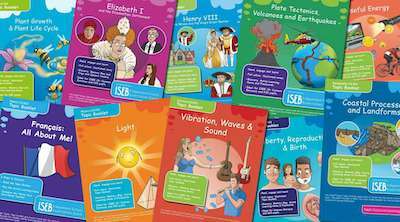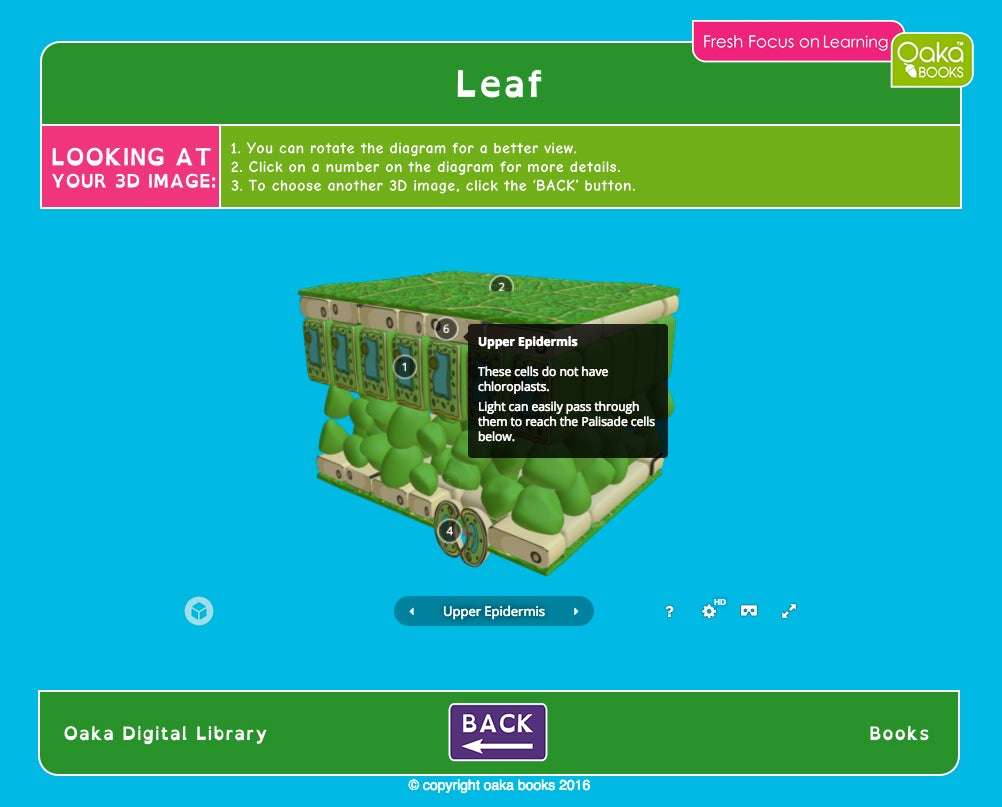Many educational experts discuss two prevalent attitudes towards learning: fixed and growth mindsets.
Let’s discuss those here in broad terms.
- Fixed Mindset: Some pupils feel that their abilities have certain limits, and that’s just how it is. These pupils may:
- Worry that they aren’t ‘smart enough’ to achieve specific goals.
- Avoid challenges because they don’t want to feel unsuccessful.
- Be gentle on themselves, thinking that this is just how they are.
- Growth Mindset: Other pupils believe that with dedication, their skills can evolve over time. These pupils may:
- View challenges as opportunities to learn and grow.
- Believe that effort can make a difference.
- Understand that setbacks are part of the learning journey, not the end of it.
The idea of cultivating a growth mindset isn’t about dismissing the fixed mindset as ‘wrong’; rather, it’s about encouraging a perspective that sees challenges as opportunities for development.
- Importance of Effort: With a growth mindset, the focus shifts from “I can’t do this” to “I can’t do this yet, but I can learn.”
- Overcoming Obstacles: A growth mindset offers a more flexible approach to problem-solving, allowing individuals to view challenges as something they can work through rather than impassable roadblocks.
Developing a growth mindset is often considered beneficial, but it’s worth noting that everyone’s journey is personal and unique.
It’s not about invalidating feelings or experiences; it’s more about offering a way to navigate challenges with a different perspective.





